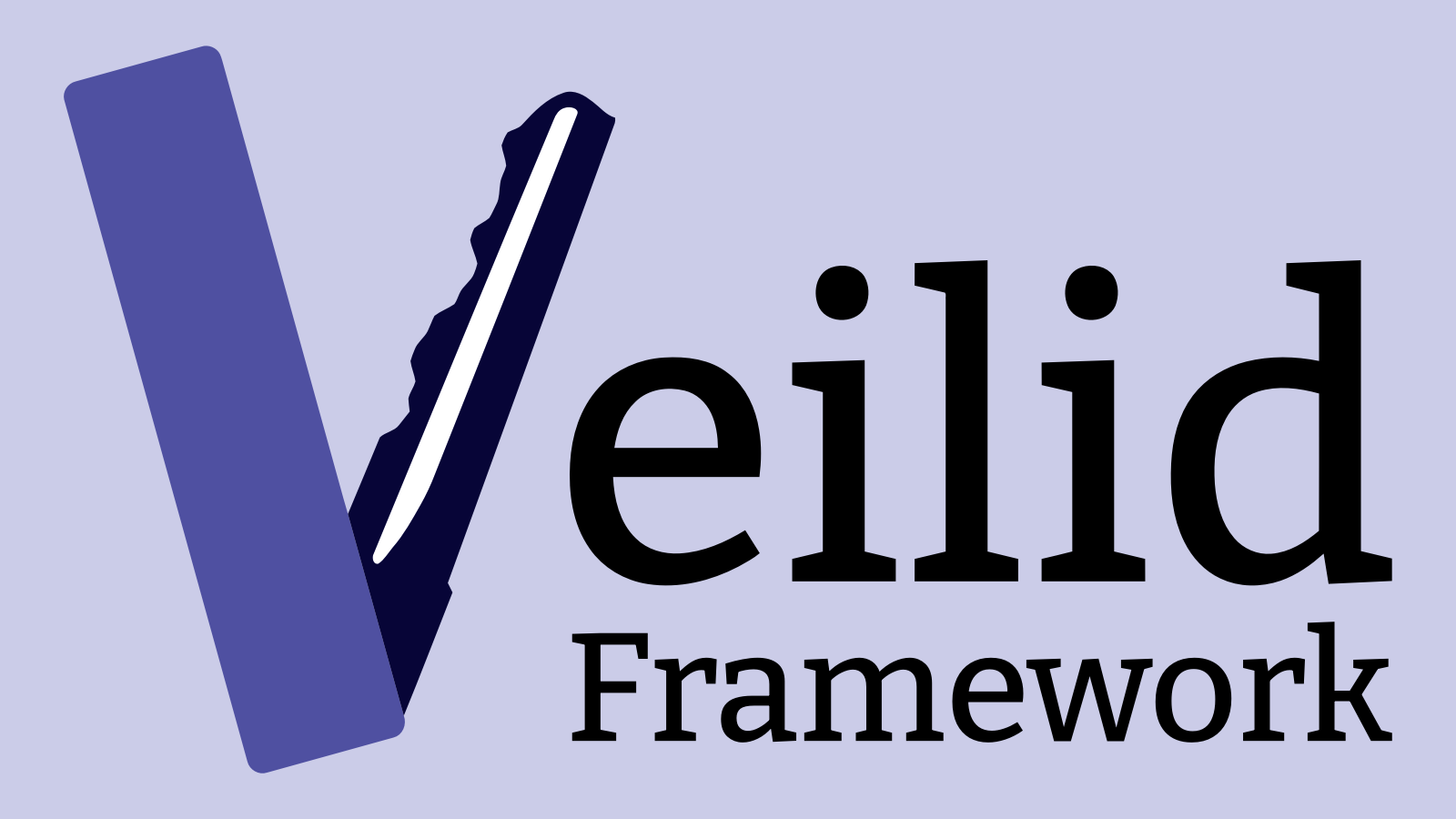

Just to add to the “completely change fields” thing in light of your “move to the woods” option:
I did the move to the woods thing (technically, bald prairie…) and found that there were enough other people out there to still find work. And where I moved to, they were desperate enough for good workers that most employers were willing to train, including picking up the tab for short courses. Some of the jobs were pretty shitty (sometimes literally: I spent a few years cleaning out clogged sewer lines), but, for me, the rest of the lifestyle more than made up for it (we found a place on the shore of a lake).
Although my objective was to just ditch tech, once word of my past got around, I had to beat them off with a stick.
I was probably in a bit of a different place, too. My main objective was to bridge the decade between “I just don’t want to work anymore” and my actual retirement.
Also, my wife might have gained more from the move than I did!
If you explore this route, I recommend looking into service organizations to join in the area. Joining one rapidly turns you from outsider to insider. Mine was volunteer fire and rescue.




Not if he’s off screen. It’s only a visual cue if it’s captured by the video.
If you have a separate video of the guy falling over dead, you can use that video to get a window of time to view in the other video, but one video that captures only parts of the scene can easily leave you with no visual cues.